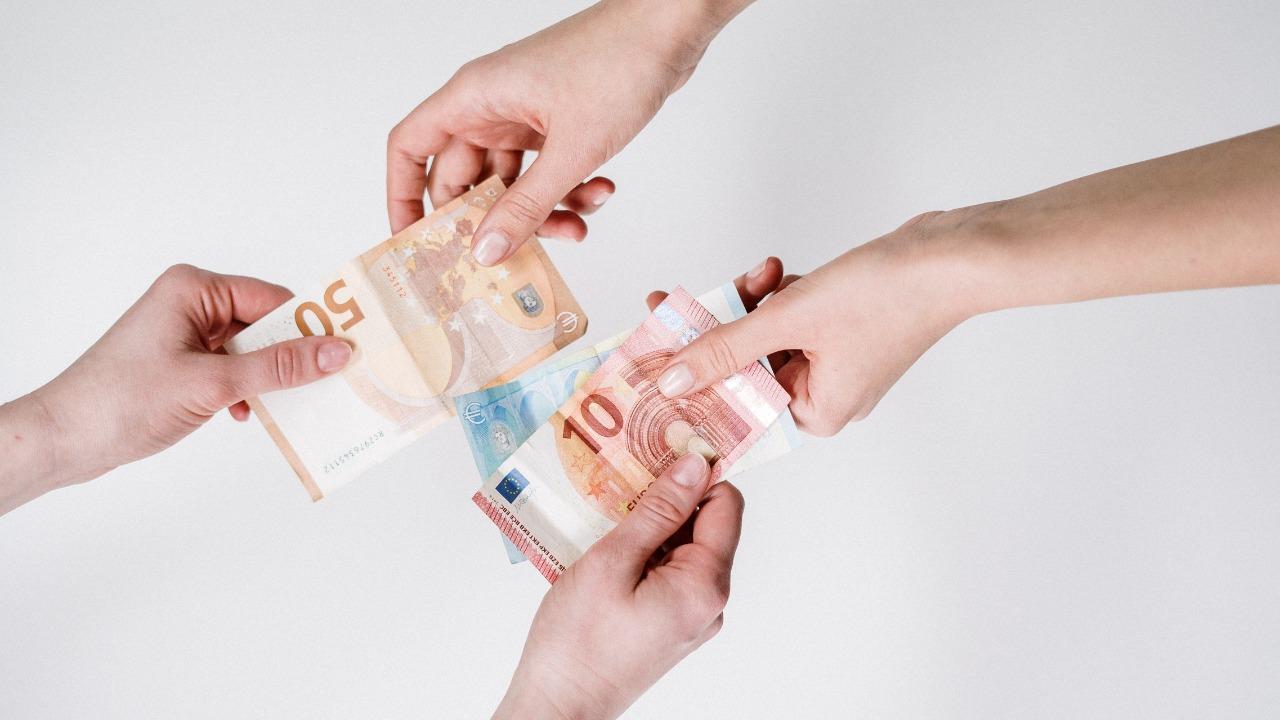The debate on cash payments has gained relevance in recent days, including bars and restaurants. In Spain we are used to using the card or Bizum to pay the bill quickly. However, the question arises as to whether an establishment can demand payment exclusively in cash. What does the law say?
It is annoying and frustrating to find yourself in the situation of wanting to pay the bill for dinner and the waiter or the establishment refuses to accept card payment. In an increasingly digitized world, where electronic payments are widely used, it is expected that consumers will have the option of paying by card in most establishments.
When this does not happen, it can lead to unnecessary discomfort and difficulties. On many occasions, customers do not usually carry large amounts of cash with them, which can make it difficult to meet the obligation to pay in cash if the necessary amount is not available at that time.
Accounts of less than 30 euros
In Spain, the relative regulations (Royal Decree-Law 19/2018) to cash payments establishes certain conditions in relation to the amount of the transaction. According to current legislation, if the amount to be paid is less than 30 euros, establishments have the option of requiring the customer to make the payment in cash.
This provision allows restaurant and bar owners to determine if they want to accept only cash for low-value accounts. This may be due to logistical reasons, such as minimizing the expenses associated with the use of card payment terminals or facilitating speed and agility in the collection process.
However, it is important to note that when the amount exceeds 30 euros, establishments are obliged to accept payment by card or other electronic means. This obligation aims to promote transparency and guarantee the security of transactions, avoiding possible fraud or tax evasion.
It is essential that consumers are informed about their rights in relation to accepted payment methods. If an establishment refuses to accept credit or debit cards for a transaction that exceeds 30 euros, customers can report this situation to the competent authorities, such as the Spanish Agency for Consumer Affairs, Food Safety and Nutrition. The fastest option is to ask for a claim form and call the police to come to the premises. This will be the only way to enforce the law if the bar doesn’t want to collect a large card bill.

They must notify you in advance
In addition to the obligation to accept card payments for amounts equal to or greater than 30 euros, establishments that decide not to accept this payment method must clearly and visibly inform customers. To comply with this requirement, they are required to post visible signs or signs on the premises, indicating that card payments are not accepted.
These signs must be located in a place easily visible to customers, such as near the cash register, at the entrance of the establishment or in the customer service area. In this way, consumers will be able to know in advance the payment options available before making a purchase or consuming in the place.
The purpose of this regulation is to ensure that customers have the information they need to make informed decisions about how they will make their payments when visiting a store. By displaying these signs, owners avoid potential misunderstandings or awkward situations at checkout, allowing customers to opt for another form of payment if they don’t want or can’t pay in cash.













